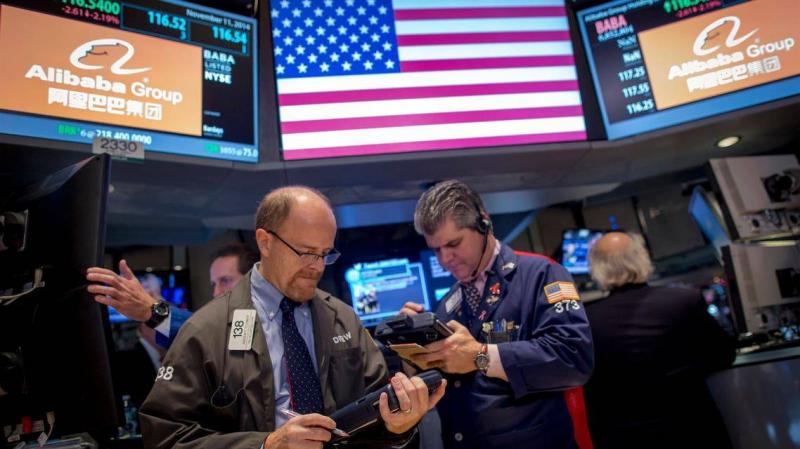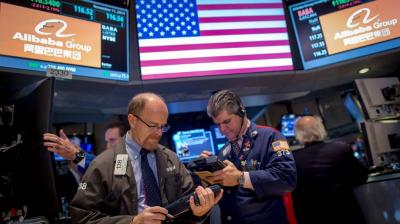Wall Street closed lower on Friday as investors assessed signs of rising inflation while Apple's stock fell after an unfavorable ruling related to its App Store. Data showed a sharp increase in producer prices in the United States in August, leading to the largest annual gain in nearly 11 years, indicating that high inflation is likely to persist due to pandemic-related pressures on supply chains. Sentiment was also affected by comments from Loretta Mester, president of the Federal Reserve Bank of Cleveland, who stated that she still prefers the central bank to begin reducing asset purchases this year, despite a weak jobs report in August.
The S&P 500 index rose nearly 19% in 2021, supported by accommodative central bank policies and optimism about reopening the economy. Apple’s stock dropped after a judge canceled a key part of its App Store rules, benefiting app developers. Shares of app makers such as Spotify Technology, Activision Blizzard, and Electronic Arts surged.
A federal judge issued a ruling on Friday that prohibits Apple from restricting developers' use of its store for processing user payments. The judge ordered the provision of an alternative purchasing mechanism for developers outside the App Store, which previously took a 30% commission on sales. The ruling is set to take effect on December 9. Such a change could save app developers billions, potentially encouraging them to lower prices for consumers.
According to unofficial data, the Dow Jones Industrial Average fell 0.77% to close at 34,609.96 points, while the S&P 500 declined by 0.77% to 4,458.71 points. The Nasdaq Composite dropped 0.85% to 15,117.97 points. The three major indices earlier received some support from news about a phone call between Chinese President Xi Jinping and U.S. President Joe Biden, which was seen as a positive sign that could lead to a breakthrough in relations between the world’s two largest trading partners.
Didi Global's shares fell after Chinese officials ordered leading companies in ride-hailing and delivery services to improve income distribution and ensure workers are given breaks. Kroger's stock also declined after the company warned that global supply chain disruptions, shipping costs, discounts, and waste will hurt profit margins.




